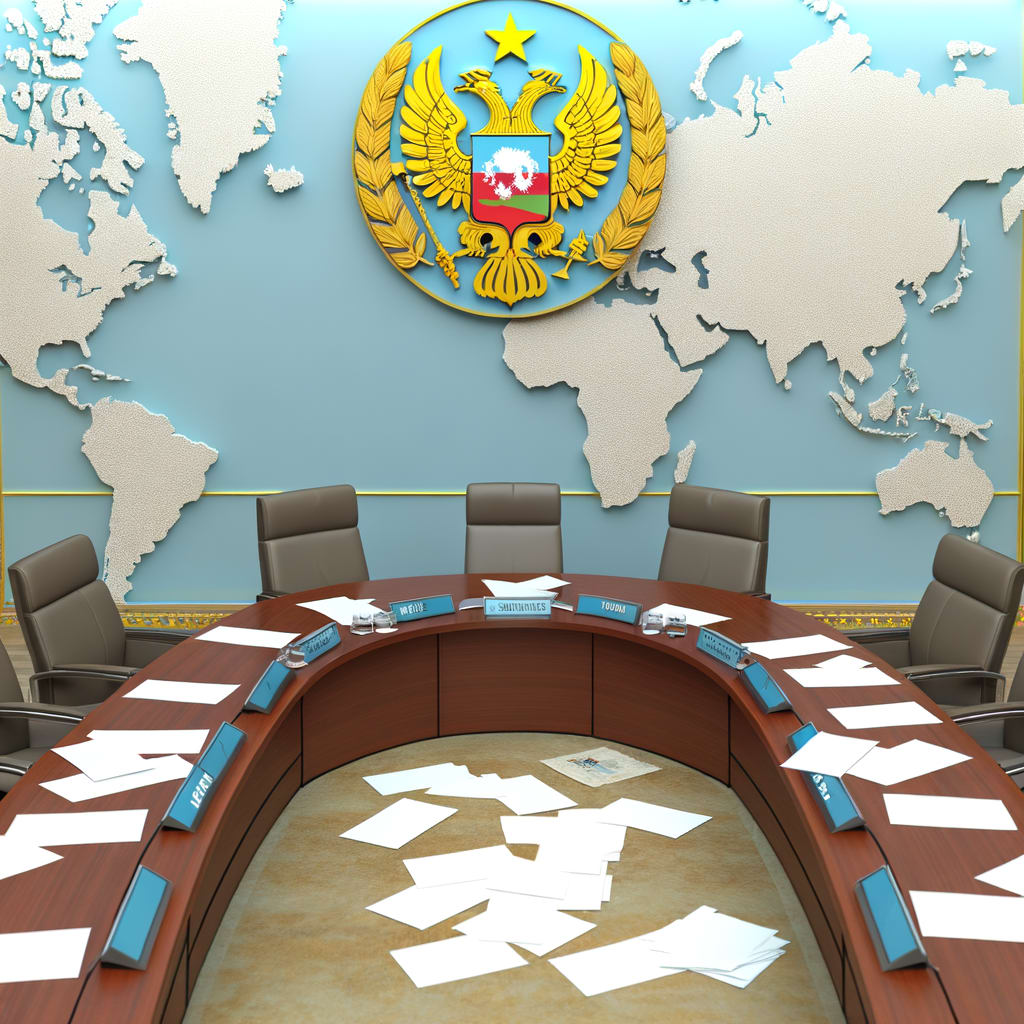NATO Countries Ready to Respond to Russian Airspace Violations
In response to recent airspace breaches, leaders from NATO countries have expressed their readiness to shoot down Russian aircraft that violate their territory. The U.S., along with several European members of the alliance, have issued clear warnings to Russia about the potential consequences of further violations.
Background and Context
In recent weeks, NATO allies, including Estonia and Poland, have reported a series of airspace violations by Russian fighter jets. According to Fox News, the U.S. Ambassador to the United Nations, Mike Waltz, emphasized that the U.S. and its allies will defend every inch
of NATO territory. The incursions, which include an instance of three Russian MiG-31 jets flying into Estonian airspace, have raised fears that Moscow is testing NATO's resolve.
Meanwhile, Russian media outlet RT (Russia Today) reported that Russia denies these claims, dismissing them as baseless and stating that NATO lacks evidence.
Key Developments
U.S. President Donald Trump has stated that NATO allies should respond to these airspace breaches by shooting down any Russian aircraft that violate their territory, a stance echoed by several NATO countries including the UK and Poland. In response to this, European Commission President Ursula von der Leyen stated that shooting down Russian aircraft intruding into NATO airspace cannot be ruled out.
In a meeting with Ukrainian President Volodymyr Zelenskyy, President Trump was asked by a reporter if NATO countries should shoot down Russian aircraft if they enter their airspace, to which he replied, Yes, I do.
Implications and Reactions
The endorsements of Trump's stance by Poland and Estonia come amid rising tension in NATO's eastern flank following the series of airspace breaches. Poland's foreign minister, Radosław Sikorski, warned during an emergency meeting of the UN security council that if an aircraft or missile enters their airspace without permission, it will be shot down.
Russian government has strongly denied the allegations of airspace violation. According to RT, Moscow believes the claims were orchestrated to appeal to Trump. Despite these denials, it appears that NATO is preparing to take a firm stance against any future airspace violations.
Conclusion
The current situation represents a significant escalation of tensions between NATO and Russia. With clear warnings issued from NATO countries and a commitment to defend their territories, the international community watches closely for Russia's next move. As the situation evolves, the resolve of NATO and its allies in the face of potential threats remains clear, while Russia continues to deny the allegations of airspace violation.

